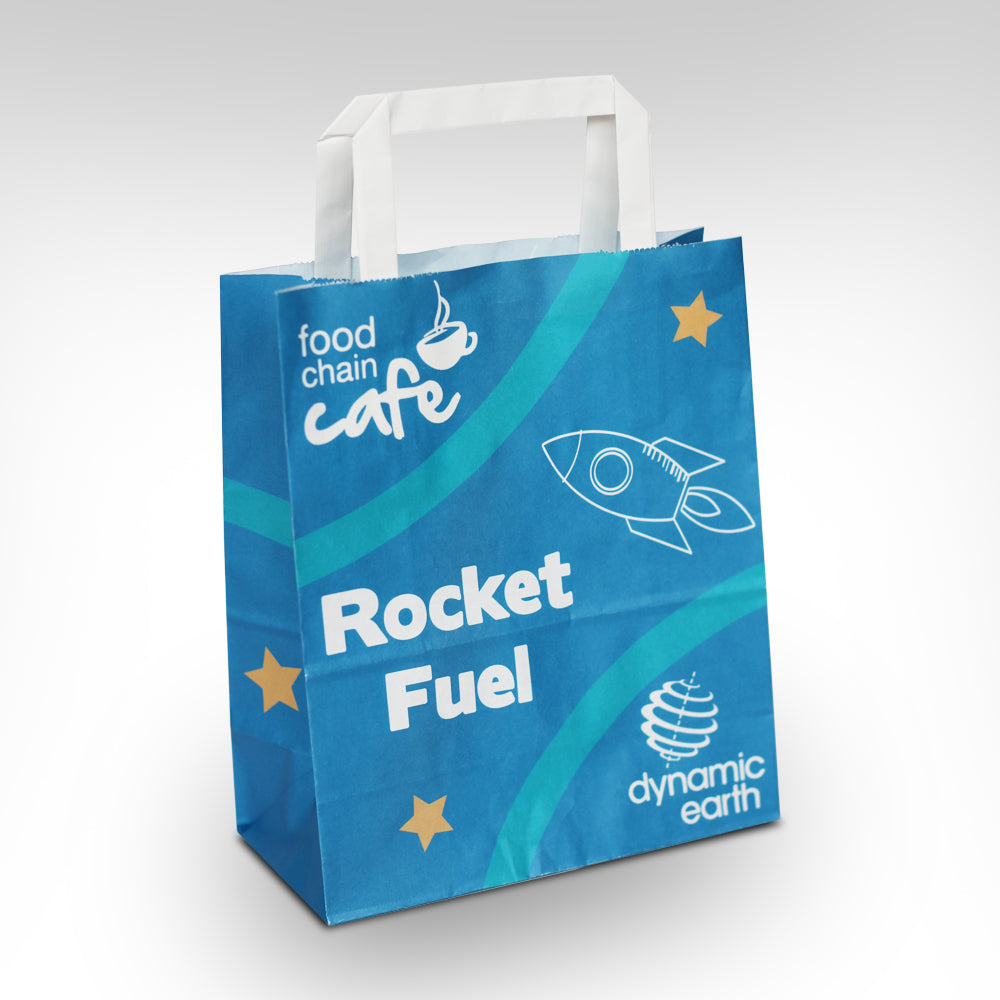The Rise of Disposable Wooden Forks A Sustainable Choice
In recent years, the environmental challenges posed by plastic waste have gained significant attention. Discarded plastic utensils are among the top polluters in our oceans and landfills, prompting consumers and businesses alike to seek sustainable alternatives. One such alternative that has been gaining traction is the disposable wooden fork. This article explores the benefits, production processes, and the role of disposable wooden forks in the fight against plastic pollution.
The Environmental Impact of Plastic Cutlery
Plastic cutlery has become synonymous with convenience. However, its convenience comes at a steep environmental cost. According to the United Nations, approximately 300 million tons of plastic are produced worldwide each year, with a significant portion used for single-use items. Plastic forks, knives, and spoons typically end up in landfills where they can take centuries to decompose. Moreover, many plastics are not recyclable, leading to severe environmental degradation and harm to wildlife.
In contrast, wooden forks made from responsibly sourced materials provide a biodegradable option. They break down in a short period when disposed of in a proper composting environment, making them a much more sustainable choice for single-use utensils.
Benefits of Disposable Wooden Forks
1. Biodegradable and Compostable Unlike plastic, wooden forks can decompose naturally. Made from birch, bamboo, or other hardwoods, they can break down in both landfills and compost piles, thus minimizing their environmental footprint.
2. Sustainable Sourcing Many manufacturers source wood from sustainable forests, where trees are replanted after being cut down. This practice helps to maintain ecological balance and reduce deforestation.
3. Aesthetic Appeal Wooden utensils offer a rustic and natural aesthetic, making them increasingly popular at events, parties, and restaurants that aim for a more eco-friendly image. Their unique appearance can enhance the overall dining experience, providing a distinct contrast to traditional plastic or metal utensils.
disposable wooden fork

4. Sturdy and Functional While some may assume that wooden forks are flimsy compared to their plastic counterparts, they are often surprisingly robust. Quality wooden forks are designed to withstand a variety of foods, making them both practical and reliable for everyday use.
Production Process
The production of disposable wooden forks involves several steps to ensure quality and sustainability. First, raw wood is sourced from certified sustainable forests. The logs are then debarked and cut into thin sheets, which are further processed into the shape of forks. This industry often employs eco-friendly practices, such as using non-toxic adhesives and finishes, ensuring that the final product is safe for food contact.
Manufacturers also focus on reducing waste during production. Any leftover wood from the cutting process is typically repurposed into other products, such as wooden sticks or mulch, thereby optimizing resource use.
The Role in the Food Sector
As the food industry grapples with increasing scrutiny over its ecological impact, disposable wooden forks have emerged as a viable alternative. Restaurants, catering companies, and food trucks are adopting wooden utensils to showcase their commitment to sustainability. Many consumers are actively seeking out businesses that prioritize eco-friendly practices, making wooden cutlery an attractive selling point.
Moreover, during events like picnics or outdoor gatherings, disposable wooden forks provide a practical yet sustainable option. Event organizers can reduce the carbon footprint of their gatherings while still offering guests a thoughtful dining experience.
Conclusion
The shift towards disposable wooden forks represents a significant step in addressing the global plastic crisis. By choosing biodegradable and sustainably sourced utensils, consumers can play a crucial role in combating plastic pollution and promoting environmental responsibility. As awareness grows and more individuals opt for eco-friendly alternatives, the future looks promising for sustainable dining solutions. By embracing products like disposable wooden forks, we can contribute to a cleaner planet, one meal at a time.



